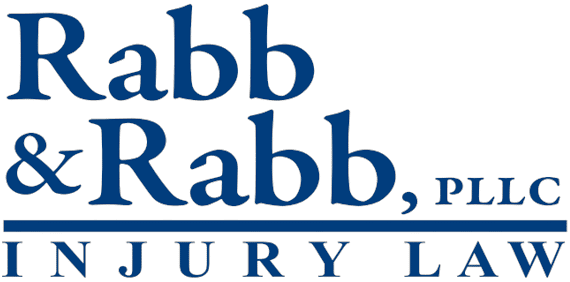In the hours following a car, motorcycle, or trucking accident, you might be surprised at how fast an insurance adjuster or another representative of the other party involved in the incident contacts you. It is absolutely critical to know what to say – and what not to say – to these people as their main interest is typically settling as quickly as possible.
Stay Calm and Kind
Although you’re likely to still be angry about the incident, unloading your emotions on the insurance adjuster or party representative will only hurt your chances of a favorable personal injury settlement. It’s fair to think that everything you say may be recorded, and it’s best to stay professional and reasonable throughout all communication.
Ask for Proper Identification
Before discussing anything, get the name, address, and telephone number of the person on the other line, the name of the insurance company he or she is with, and the person or business the company represents (the “insured”).
You Don’t Need to Reveal Much Personal Information
The insurance adjuster only needs your full name, address, and telephone number. You can also tell them what type of work you do and where you are employed, but you shouldn’t explain or discuss anything else.
Offer No Accident or Injury Details
Resist the urge to “give a statement” about the accident, even if the conversation seems casual and non-binding. It’s best to refuse to discuss any of the facts except the most basic: where, when, the type of accident, any vehicles involved, and the identity of any witnesses. A good excuse is to note the investigation is “ongoing” and you’ll feel more comfortable sharing details “at the appropriate time.”
Additionally, insurance adjusters and opposing attorneys will want to know about the nature and extent of your injuries. Injuries change over time, and you don’t want to establish a baseline too early. If you must say something, tell them you’re still evaluating and working through what your injuries actually are.
Take Detailed Notes
As soon as the conversation is over, write down the information you received over the phone, as well as information you gave to (or requests you made of) the person you spoke with.
Resist Initial Settlement Offers
Insurance adjusters sometimes offer a settlement during early communication. They want to get you to settle for a small amount before you fully understand what your injuries are and may not reflect the actual severity of any physical and emotional trauma you’ll face.
Refuse a Recording
Simply put, you have no legal obligation to be recorded, and it is against the law for an adjuster to record you without your permission. It’s likely in your best interest to not have anything recorded, in most cases.
If you’re unsure of your options, it’s best to enlist the help of a knowledgeable Arizona auto accident law team like Rabb & Rabb, PLLC. Clients across the state trust our attorneys to represent their interests fairly and fight for appropriate settlements against tricky insurance companies. Call (520) 888-6740 to schedule a free consultation.



